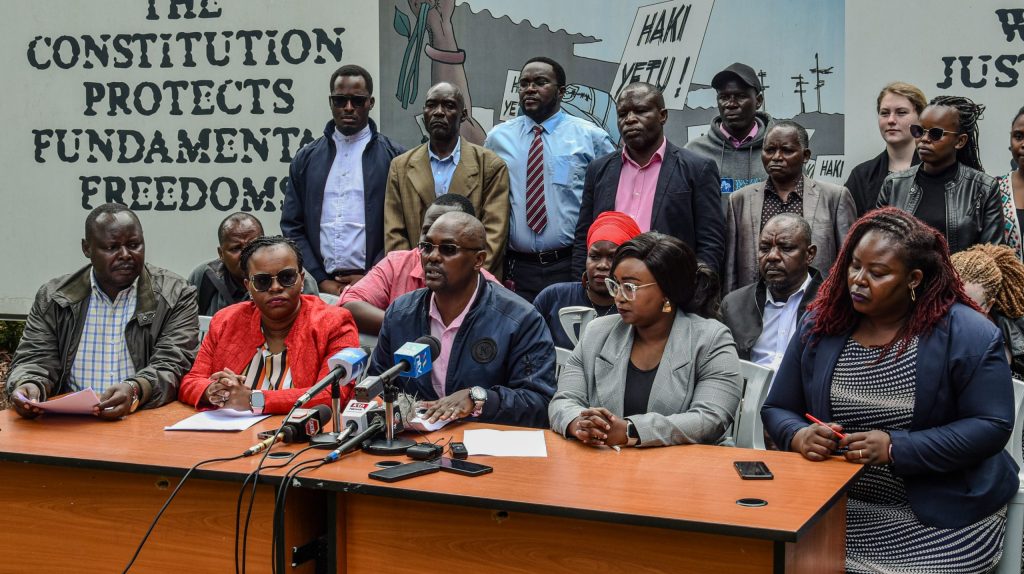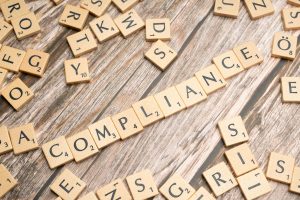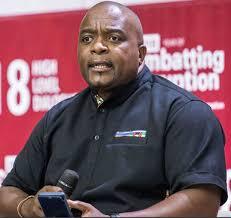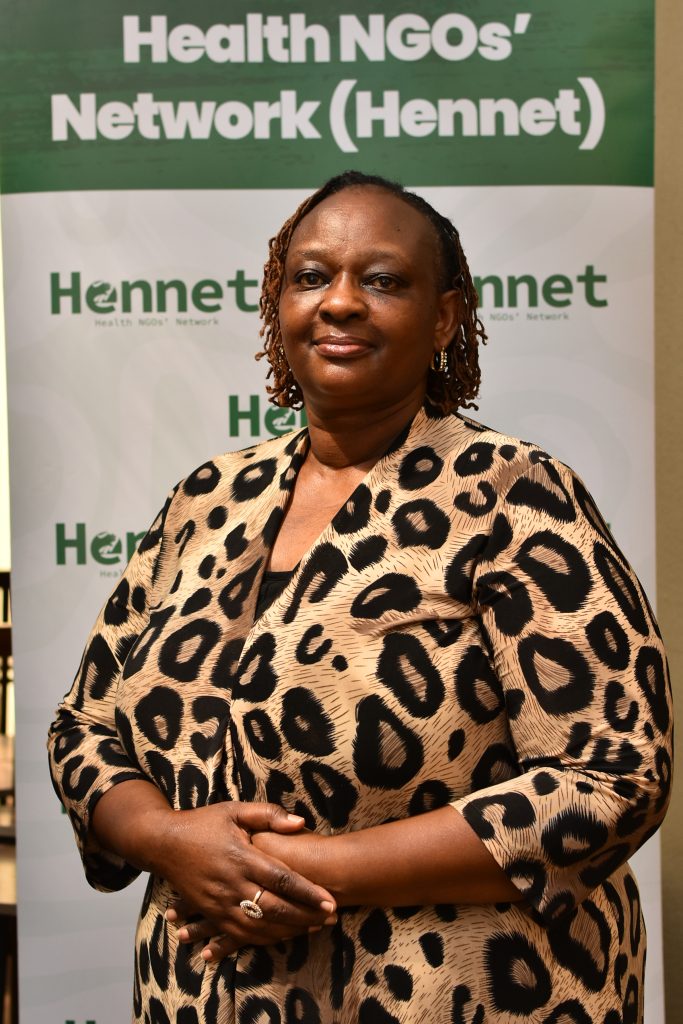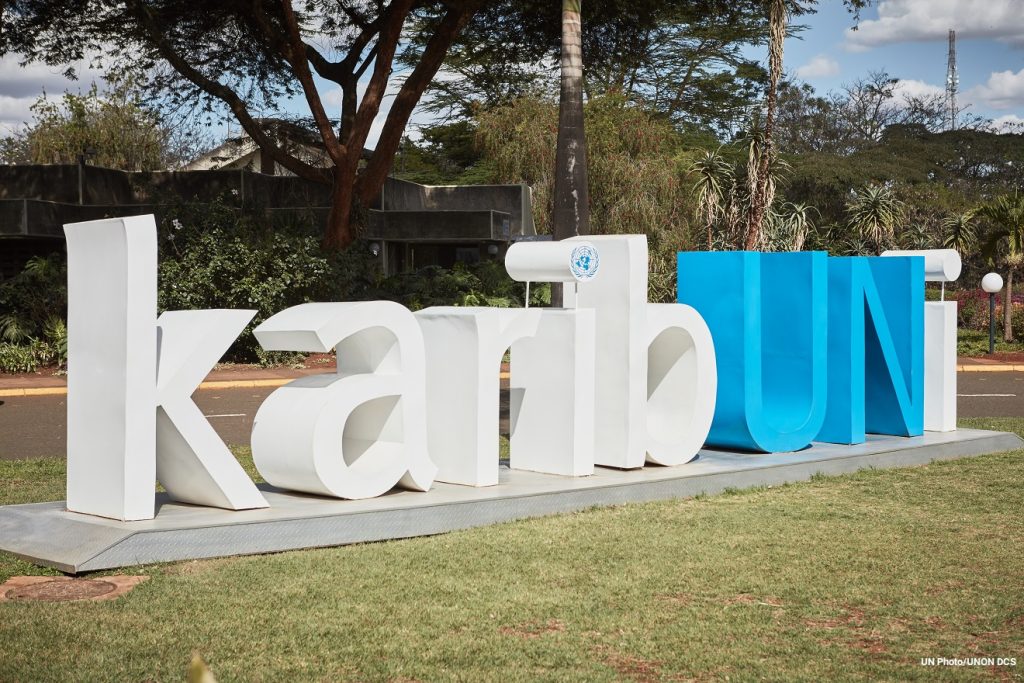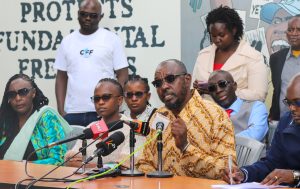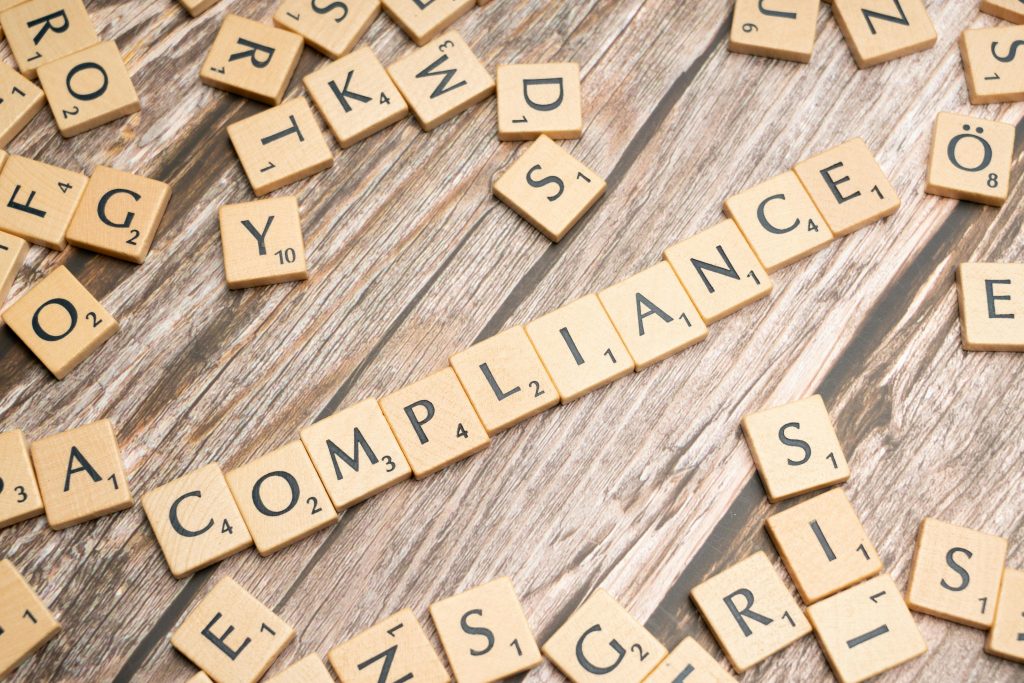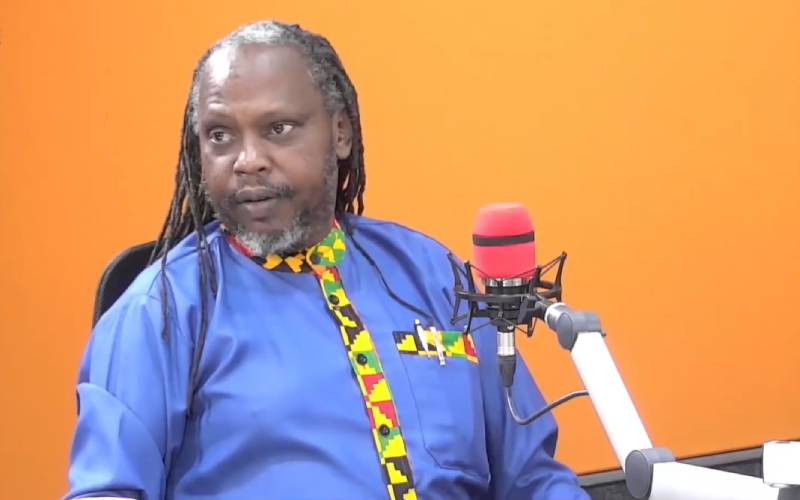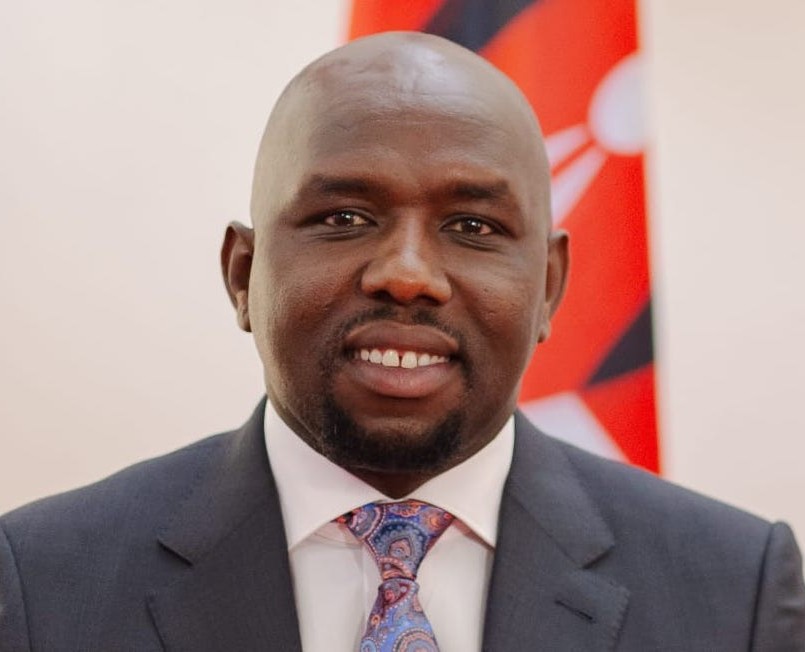By Wahome Ngatia
Non-governmental organizations (NGOs) continue to play a pivotal role in shaping Kenya’s public discourse, from defending students’ rights and challenging censorship to demanding government transparency and legal accountability from global philanthropic giants. Here’s a roundup of how some NGOs are making headlines in 2025.
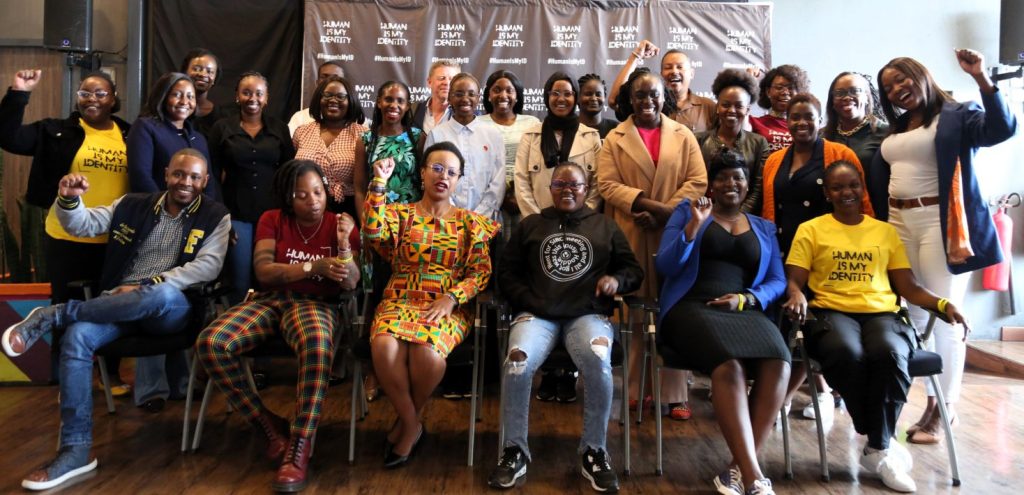
Amnesty International Kenya: Defending Free Expression in Schools
Amnesty International Kenya has strongly condemned the harassment of Butere Girls High School’s drama team by police and government officials over their play, Echoes of War. The production, which explores global youth struggles and themes such as conflict and historical injustice, was barred from being performed at the National Drama Festivals scheduled for April 7, 2025, in Nakuru County.
According to reports, the authorities deemed the play politically sensitive, leading to the involvement of law enforcement and government pressure on the school to cancel it. Amnesty International Kenya denounced these actions, stating:
“The harassment of students and teachers violates the freedom of expression protected under Article 33 of Kenya’s Constitution. Schools should be safe spaces for critical thinking and artistic expression—not sites of suppression.”
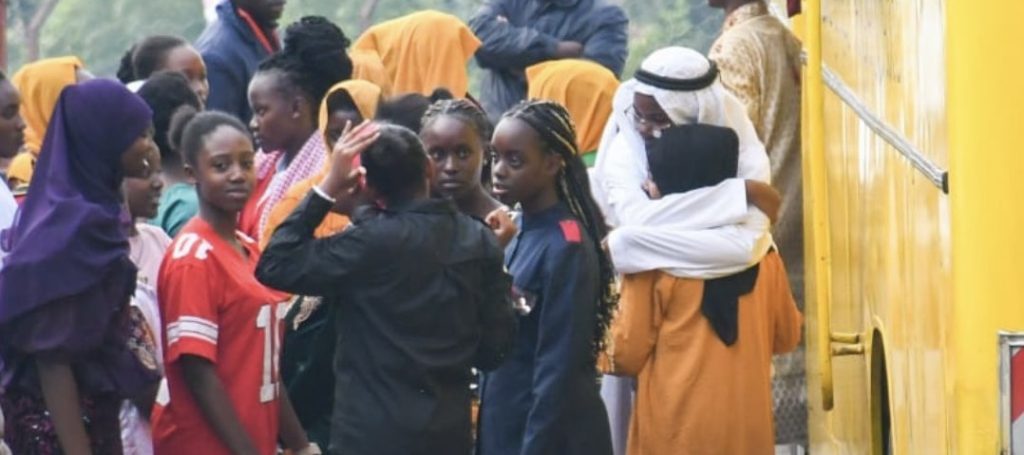
Activist Anifa Mango Sues Butere Girls over Student Expulsion
Following the controversy, Kisii-based activist and Butere Girls alumna Anifa Mango filed a legal petition after the school sent home 50 drama students. The school’s principal, Jennipher Omondi, reportedly acted on directives from State House.
Represented by Advocate Kennedy Echesa, Mango argued that the expulsion violated the students’ constitutional rights, including freedoms of expression and fair administrative action. The High Court, presided over by Justice Fridah Okwany, ruled in Mango’s favor, ordering the reinstatement of the students and allowing them to participate in the national festival.
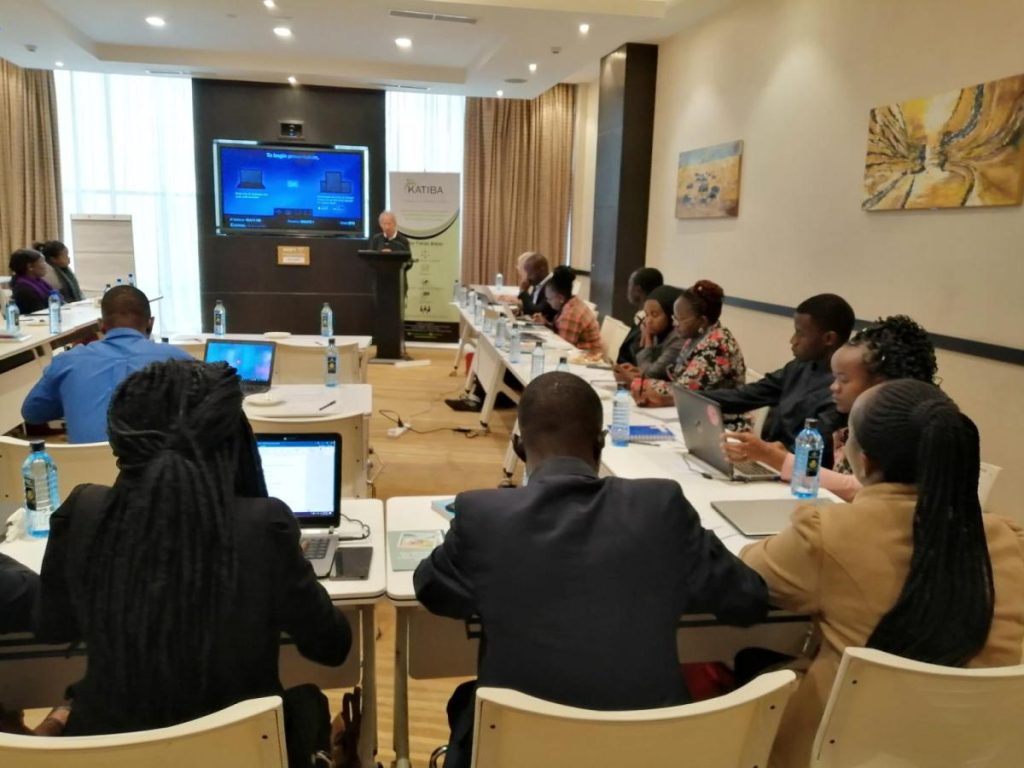
Katiba Institute Demands Transparency in MP Compensation
On April 9, the Katiba Institute (KI) wrote to the Salaries and Remuneration Commission (SRC), requesting full disclosure on how salaries and benefits for MPs and Senators are determined. The letter seeks:
- Evidence of any comparative labor market surveys conducted by SRC since 2011.
- Copies of recommendations sent to the Parliamentary Service Commission (PSC) on legislator remuneration.
- Clarity on whether MPs and Senators serve full-time or part-time.
- Documentation on sitting allowances, salary scales, and terms of employment.
A similar letter was sent to the PSC on March 30, requesting employment contracts, pension frameworks, and records of changes made since 2011.
As of now, SRC has yet to respond. The correspondence is available on Katiba Institute’s website.
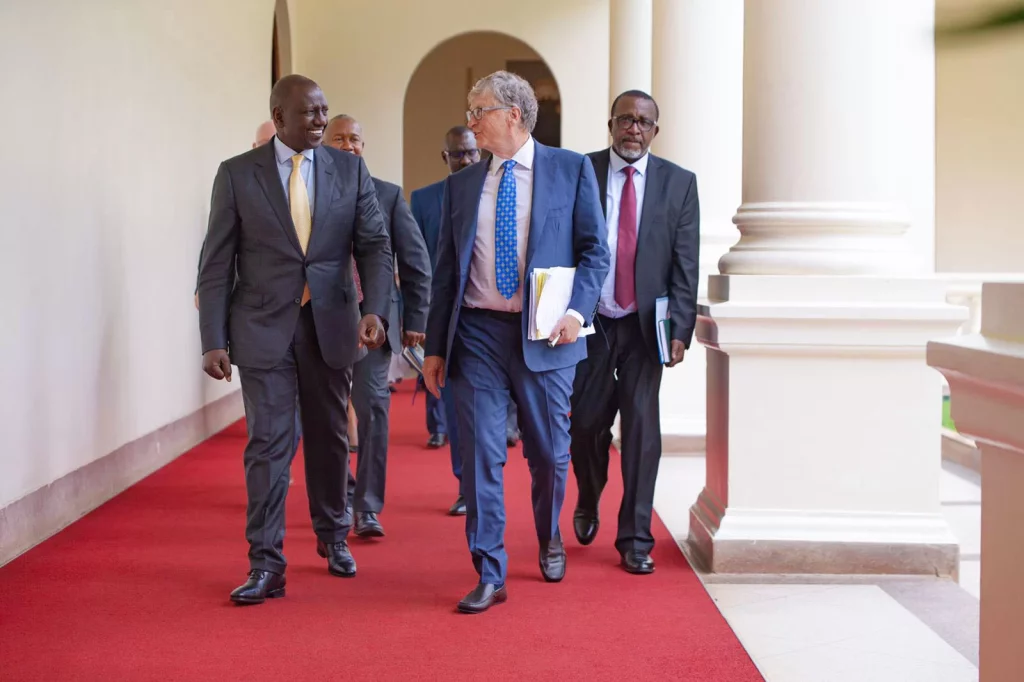
Gates Foundation Withdraws Host Country Agreement Amid Legal Disputes
On April 8, the Gates Foundation announced it had withdrawn from its Host Country Agreement with Kenya. Paulin Basinga, the Foundation’s Africa Director, cited ongoing legal challenges as the reason for the withdrawal.
The Foundation’s immunity status in Kenya has been under scrutiny since 2020, when it was granted legal immunity for its operations in the country. This decision faced backlash, with Dr. Wahome Ngare of the Kenya Catholic Doctors Association filing a petition (E282 of 2021), arguing that such immunity was unconstitutional.
In June 2023, the High Court ruled that granting blanket immunity violated Articles 10 and 73 of the Constitution and had bypassed public participation.
Despite this ruling, the government issued Legal Notice No. 157 in September 2024, reaffirming the Foundation’s privileges under the Privileges and Immunities Act. This triggered another legal challenge by the Law Society of Kenya, resulting in a conservatory order issued on November 25, 2024, which suspended the Foundation’s immunity pending a full hearing.
The case was last mentioned in court on April 10, 2025, and is pending further directions.
NGOs in Kenya are not just watchdogs—they are active participants in shaping national conversations on governance, accountability, human rights, and justice. Their work, often at the intersection of civil liberties and state authority, continues to influence public policy and democratic space.

